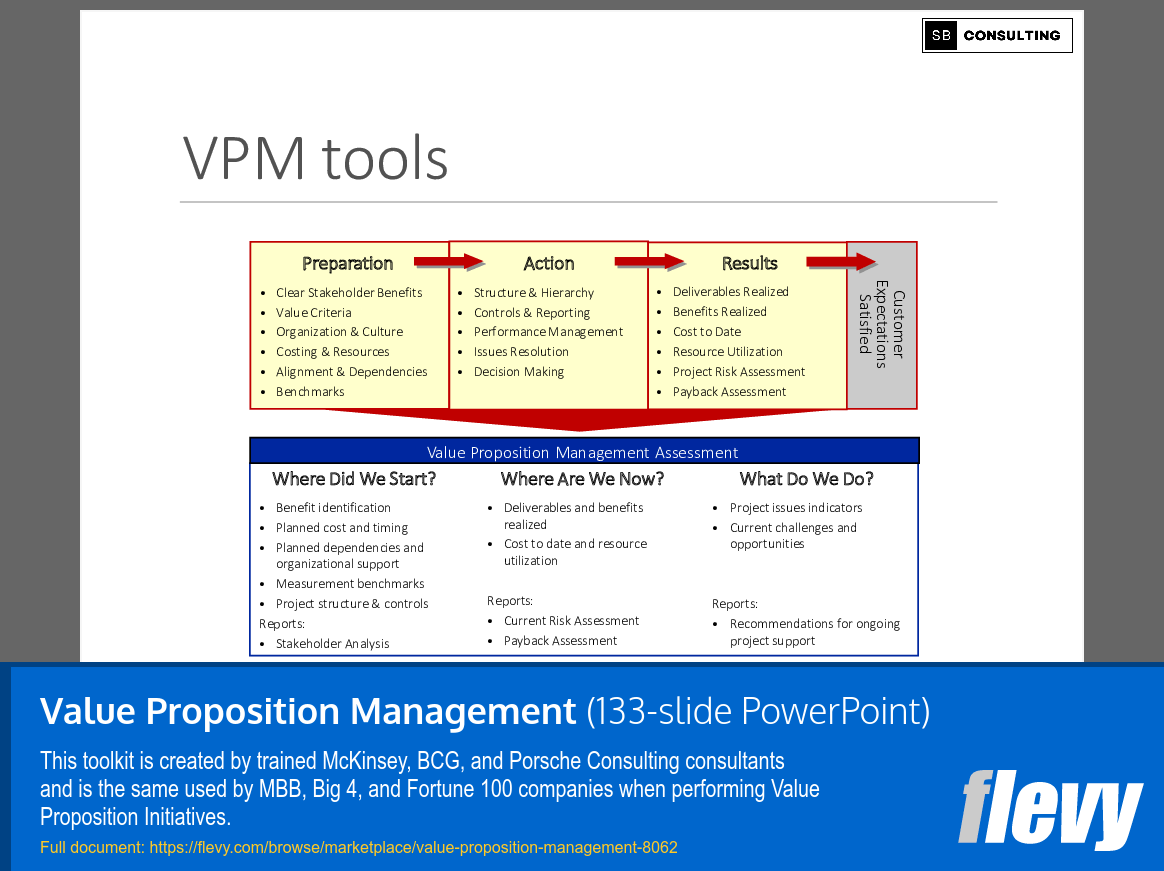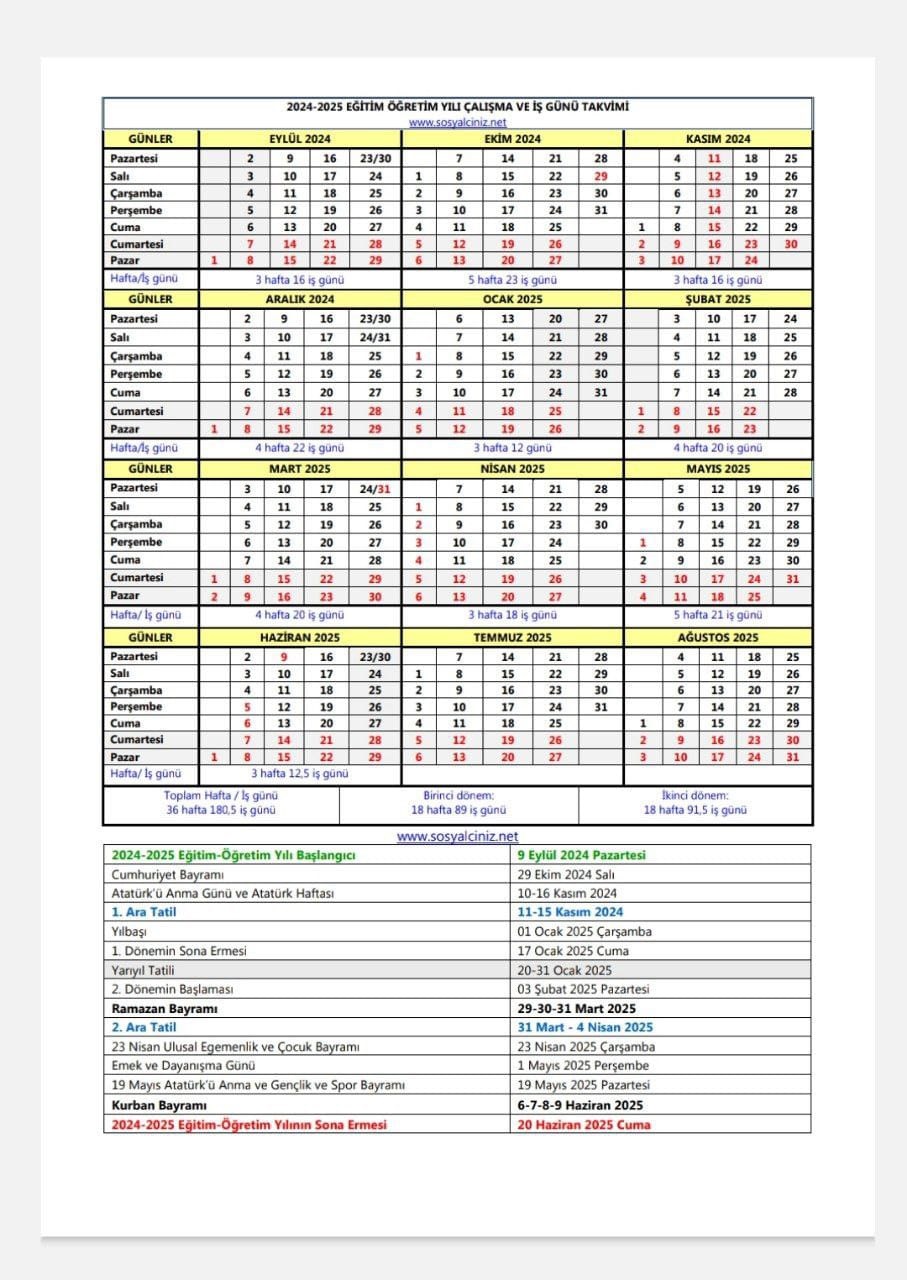Understanding The Value Proposition Of Middle Management

Table of Contents
Bridging the Communication Gap
Middle managers act as a vital link, translating strategic goals from upper management into actionable plans for their teams. This crucial translation ensures that everyone is aligned and working towards common objectives. Without effective middle management communication, strategic initiatives can easily be misinterpreted or lost in translation, leading to decreased productivity and frustration.
Effective Communication Strategies:
- Regular team meetings: Consistent meetings provide a platform to disseminate information, clarify expectations, and gather valuable feedback from team members. These meetings should be structured and focused, avoiding unnecessary length.
- Clear and concise communication: Ambiguity is the enemy of productivity. Middle managers must articulate expectations, deadlines, and performance standards clearly and concisely, using various communication channels as needed.
- Open-door policies: Fostering an environment where employees feel comfortable approaching their managers with questions or concerns is critical for building trust and transparency. This encourages open dialogue and proactive problem-solving.
- Utilizing various communication channels: Email, instant messaging platforms, project management software – utilizing the most appropriate channel for the message ensures optimal reach and understanding.
- Active listening and feedback mechanisms: Truly effective communication is a two-way street. Middle managers must actively listen to their teams, solicit feedback, and demonstrate that their input is valued.
Driving Team Performance and Productivity
Middle managers are responsible for motivating and guiding their teams to achieve organizational objectives. Their leadership directly impacts team morale, efficiency, and ultimately, the bottom line. Effective middle managers understand the intricacies of performance management and create a supportive environment where individuals thrive.
Performance Management Techniques:
- Setting SMART goals: Setting Specific, Measurable, Achievable, Relevant, and Time-bound goals provides clear direction and helps track progress effectively. Regular check-ins ensure goals remain relevant and achievable.
- Identifying and addressing skill gaps: Proactive identification of skill gaps allows for targeted training and development, enhancing individual capabilities and overall team performance.
- Providing regular feedback and constructive criticism: Consistent feedback, both positive reinforcement and constructive criticism, helps individuals understand their strengths and areas for improvement, driving continuous development.
- Delegating tasks effectively: Effective delegation maximizes team efficiency by assigning tasks to individuals based on their skills and experience. This also empowers team members and fosters a sense of responsibility.
- Recognizing and rewarding high-performing employees: Acknowledging and rewarding achievements, both big and small, boosts morale and motivates continued high performance.
Fostering a Positive Work Environment
A supportive and collaborative work environment is crucial for optimal productivity. Middle managers play a vital role in cultivating this positive atmosphere. Their actions directly impact employee engagement, reducing turnover and boosting overall team effectiveness.
Building Team Cohesion:
- Encouraging teamwork and collaboration: Implementing team-building activities, both formal and informal, helps foster a sense of camaraderie and mutual support within the team.
- Promoting a culture of open communication and mutual respect: A culture where everyone feels heard, respected, and valued is essential for effective teamwork and a positive workplace.
- Addressing conflict constructively and fairly: Middle managers must be adept at mediating conflicts fairly and constructively, ensuring that disputes are resolved in a manner that preserves team cohesion.
- Mentoring and supporting team members’ professional growth: Investing in the professional development of their team members demonstrates care and commitment, ultimately boosting retention and productivity.
Facilitating Innovation and Problem-Solving
Middle managers often identify challenges and propose solutions before they escalate to senior management. Their proximity to daily operations allows them to recognize potential problems and bottlenecks, enabling proactive intervention. This proactive approach minimizes disruptions and enhances overall efficiency.
Identifying and Addressing Challenges:
- Proactive identification of potential problems and bottlenecks: Regularly assessing processes and workflows helps identify potential issues before they become significant problems, minimizing disruptions and lost productivity.
- Developing and implementing solutions: Middle managers should be empowered to develop and implement solutions to improve efficiency and effectiveness within their teams, fostering a culture of problem-solving.
- Escalating critical issues to upper management with well-defined solutions: When issues require senior management's intervention, presenting them with well-defined solutions demonstrates initiative and responsibility.
- Encouraging creative problem-solving within their teams: Creating an environment that encourages creative thinking and out-of-the-box solutions fosters innovation and enhances problem-solving abilities.
Conclusion
The value proposition of middle management extends far beyond simple supervision. Effective middle managers are indispensable for bridging communication gaps, driving team performance, fostering positive work environments, and facilitating innovation. By understanding and appreciating their critical contributions, organizations can unlock significant potential for growth and success. Invest in developing strong middle management teams to maximize the value proposition of middle management within your organization. Investing in training programs focused on effective communication, leadership development, and conflict resolution is key to unlocking the full potential of your middle management team.

Featured Posts
-
 Ohio Derailment Investigation Into Lingering Toxic Chemicals In Buildings
May 08, 2025
Ohio Derailment Investigation Into Lingering Toxic Chemicals In Buildings
May 08, 2025 -
 Ubers Cash Only Auto Service A Comprehensive Guide
May 08, 2025
Ubers Cash Only Auto Service A Comprehensive Guide
May 08, 2025 -
 Bitcoin Price Prediction 2024 Will Trumps Policies Affect Btc
May 08, 2025
Bitcoin Price Prediction 2024 Will Trumps Policies Affect Btc
May 08, 2025 -
 Ptt De Is Basvurusu 2025 Alim Takvimi Ve Detaylari
May 08, 2025
Ptt De Is Basvurusu 2025 Alim Takvimi Ve Detaylari
May 08, 2025 -
 Psl 10 Tickets Dont Miss Out Sale Starts Today
May 08, 2025
Psl 10 Tickets Dont Miss Out Sale Starts Today
May 08, 2025
